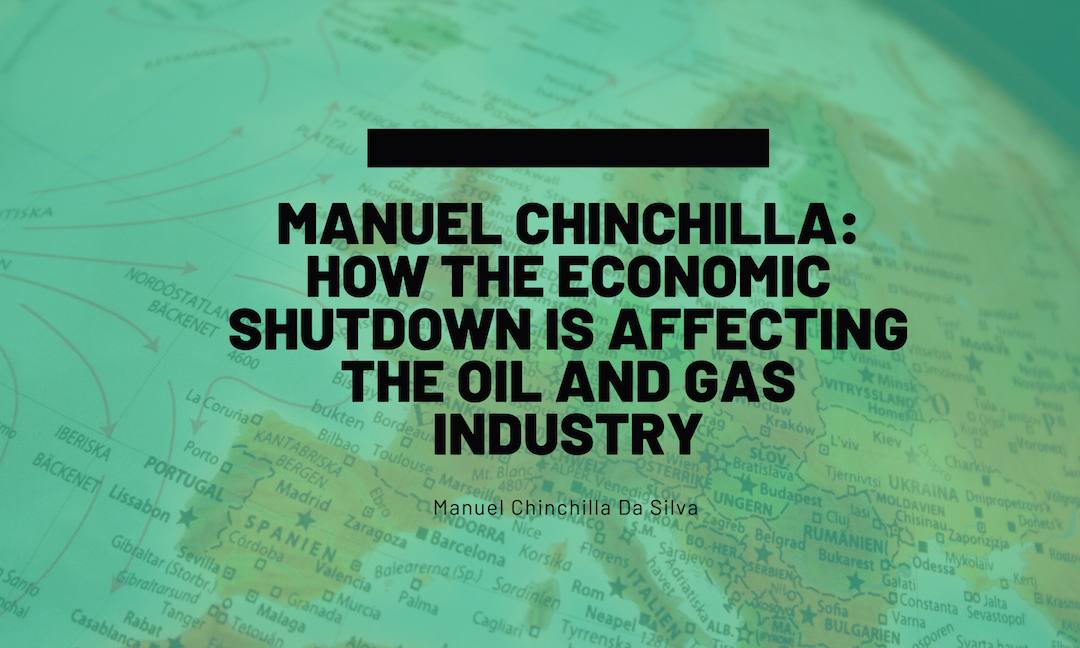Nearly every aspect of the global economy has been affected in some way by the COVID-19 pandemic. Retail businesses have been forced to close their doors, Hollywood TV and film production is canceled, and the airlines are barely hanging on without the same volume of passengers.
Of all the industries affected by the shutdown, the oil and gas sector might be the hardest-hit of them all.
The Global Shutdown
Oil has often been referred to by analysts as the “life-blood” of an economy because it is often the primary source of fuel used across industries.
Consider how many businesses that typically need oil to operate have suspended or dramatically scaled back their operations for the foreseeable future.
Workers are no longer commuting to work daily. Airlines have experienced unprecedented drop-offs in flyers. Construction equipment is not in use because most projects have been halted.
Nowhere to Store Oil
Because of the unexpected drop-off in demand, oil companies must turn to storage to safeguard their precious product until it can be sold at some later point.
To understand the storage issue, it’s critical to understand the process of oil production that typically lasts months from start to finish.
Oil is pumped from the ground, then sent via tanker ship to be purified through a process called refinement, then loaded again onto a tanker to be delivered to the market.
So, the Saudis and other producers pumped the oil currently for sale on the market months ago, with no expectation of the global shutdown that would occur. They did not limit their production, resulting in the massive oversupply seen today.
Oil Futures
Readers might be familiar with the term “futures” as it relates to trading. The term refers to promises made by buyers to purchase a commodity at an agreed-upon, fixed price.
So, for example, a company might be planning an expansion and anticipates a need for oil, but they don’t need it quite yet. After looking at the market, they decide that they can save money by agreeing to buy the goods several months down the road because, due to market forces, the price for “future” oil is lower than the current price.
Speculators make money by anticipating fluctuations in supply and demand and betting that their “future” investment will pay dividends when the collect and re-sell the commodity.

